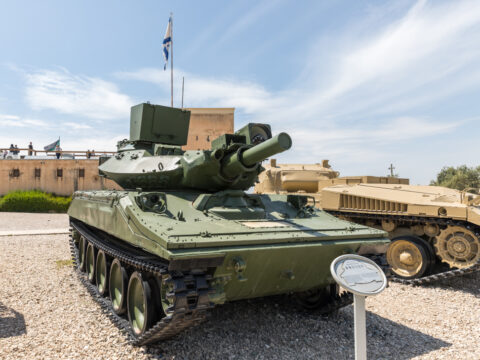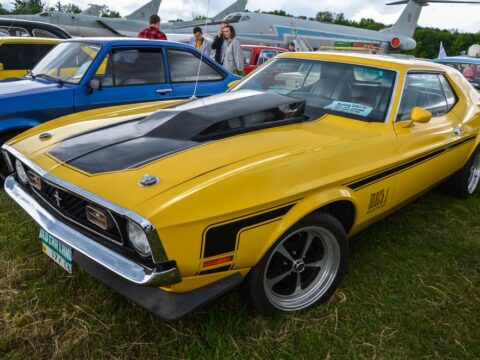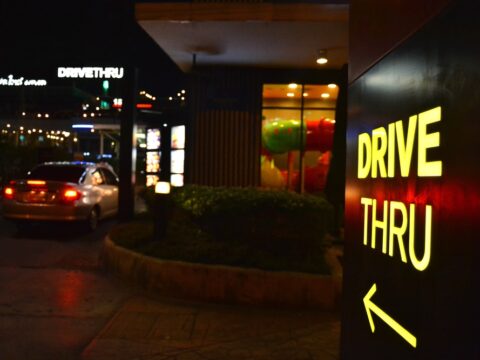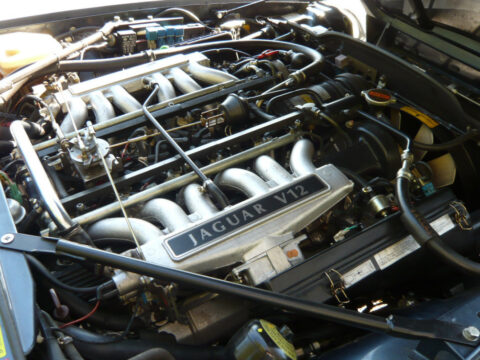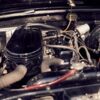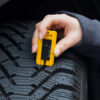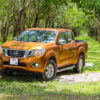There are certain car features that, despite being phased out over the years, still hold a special place in the hearts of drivers. From practical designs to nostalgic touches, these features made driving more enjoyable in ways that modern technology sometimes misses. Here are 16 vehicle features we wish would make a comeback.
Contents
Manual Crank Windows
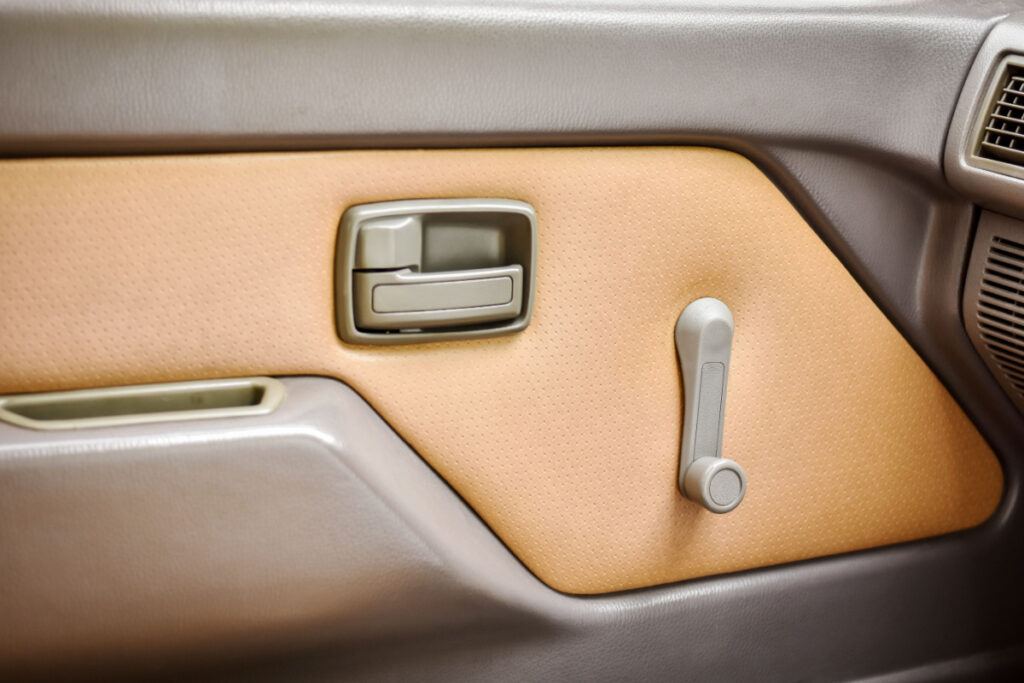
While power windows have become the norm, manual crank windows offered simplicity and reliability. They were less prone to mechanical failures and easier to repair in comparison to today’s electrical systems. Off-road drivers especially appreciated how they functioned seamlessly even in rugged environments.
Vent Windows
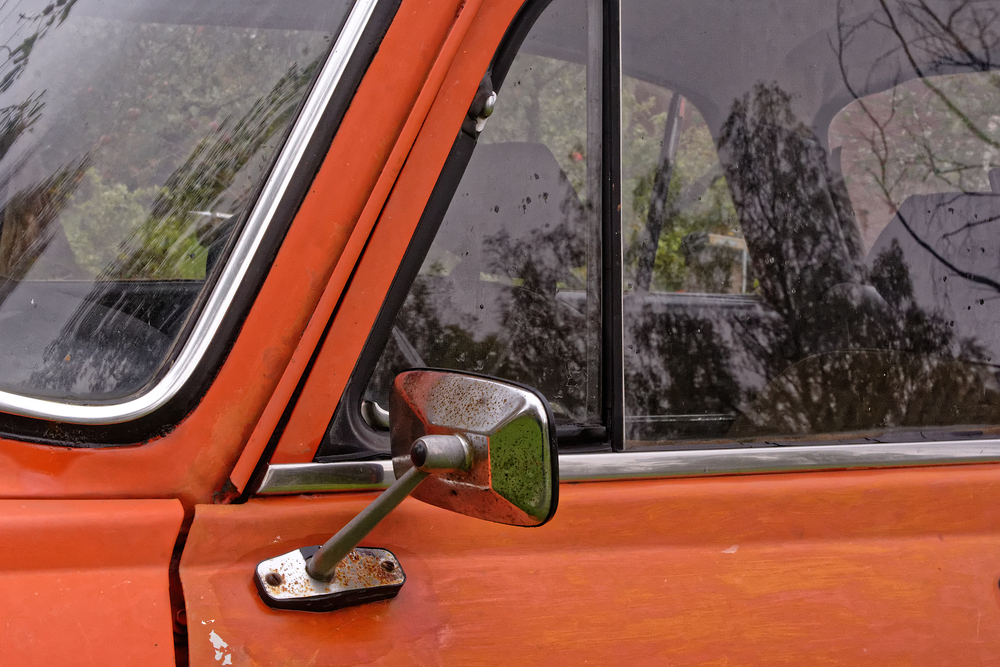
Vent windows were once a standard feature in many cars, providing effective ventilation before air conditioning was widespread. These small, triangular windows could be tilted to allow airflow without fully opening the window. As a result, they offered a quiet, comfortable drive, even at high speeds, by minimizing wind noise. Although modern cars focus on sleek aerodynamics, the practical benefits of vent windows are still missed today.
Bench Seats
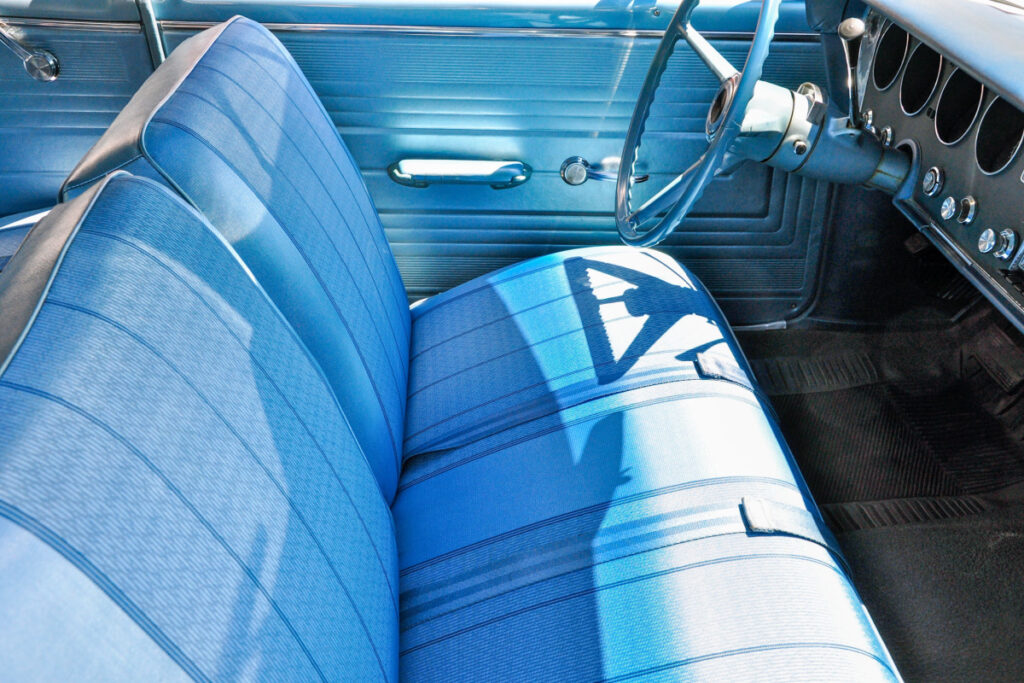
The iconic bench seat provided a roomy and comfortable alternative to bucket seats, especially for families and road trippers. It allowed up to three people to sit side by side in the front, creating a more social atmosphere on long drives. While bucket seats have improved comfort and safety, many drivers miss the spaciousness and convenience that bench seats offered.
Pop-Up Headlights
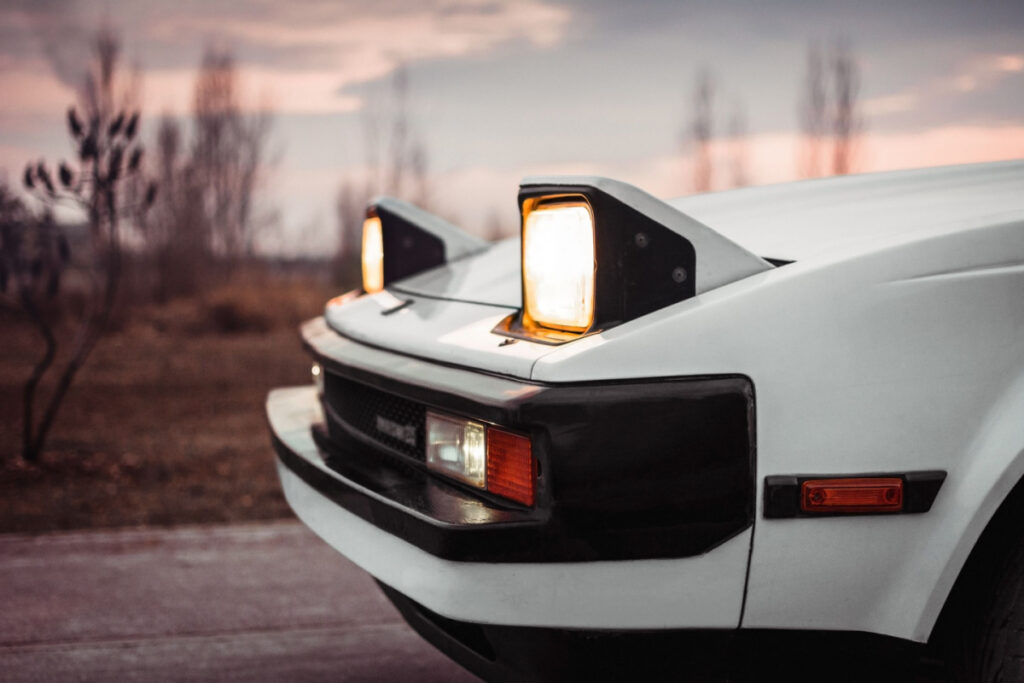
Once a hallmark of sporty cars in the 80s and 90s, pop-up headlights were both stylish and functional. They gave vehicles a sleek, aerodynamic look when retracted and created a sense of drama when raised. Safety regulations and design trends have phased them out, but their charm remains unmatched. Pop-up headlights added a touch of personality to cars, making them stand out on the road.
T-Tops
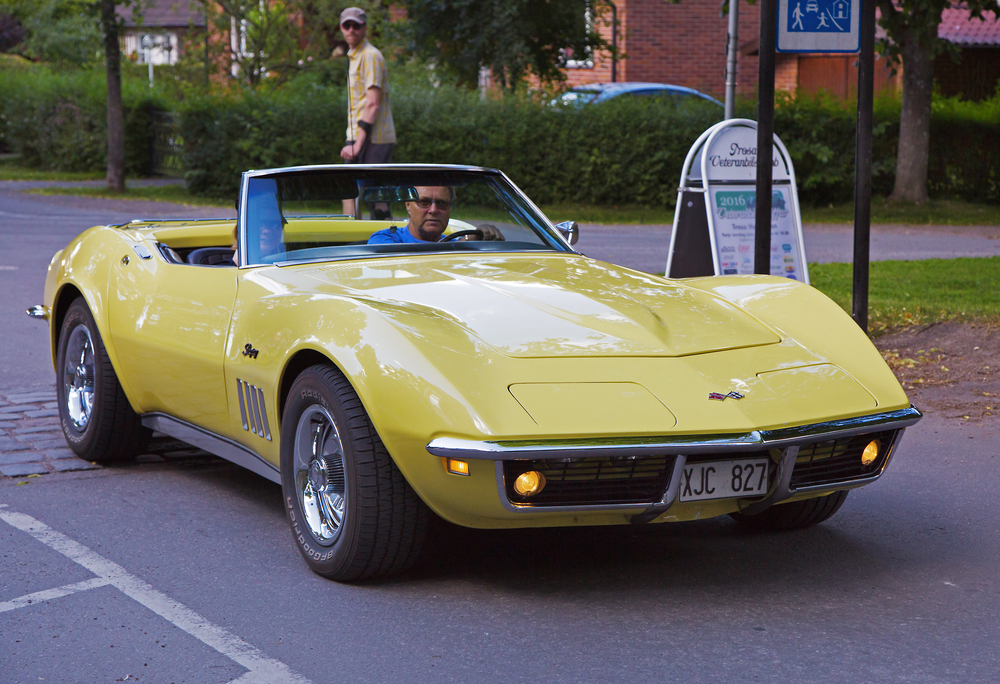
T-tops were a unique feature that provided an open-air driving experience without fully committing to a convertible. With removable roof panels, they offered the freedom of driving with the wind in your hair while retaining the structure of a hardtop. Over time, issues with leaks and structural integrity caused T-tops to fade out of production. However, they remain a nostalgic favorite, especially among muscle car fans who appreciated their blend of style and function.
Tailfins
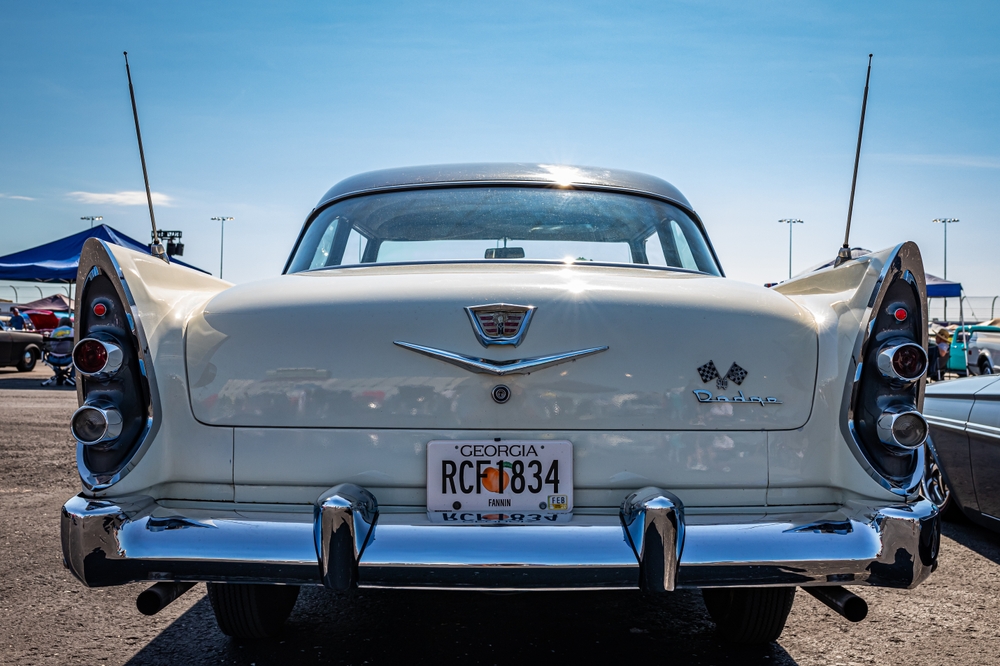
Tailfins were a bold design choice that captured the essence of 1950s automotive style, drawing inspiration from aviation. Cars like the Cadillac Eldorado and Chrysler Imperial featured these towering fins, symbolizing speed and progress. Though modern design has shifted toward aerodynamics and efficiency, the dramatic flair of tailfins is sorely missed.
Full-Size Spare Tires
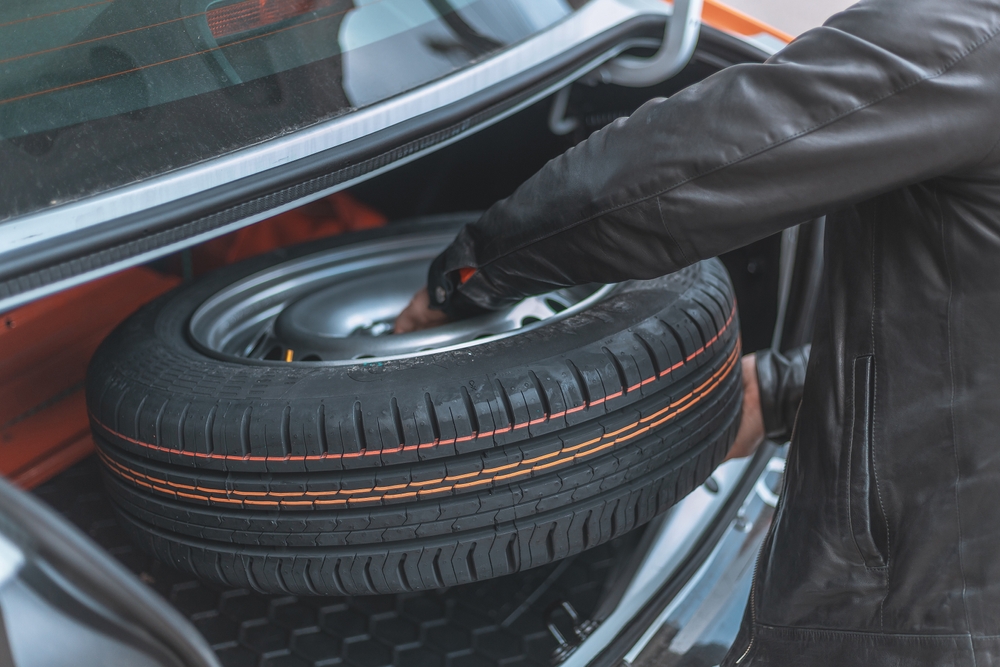
Full-size spare tires used to be a standard feature, providing peace of mind during long road trips. In the event of a flat tire, drivers could replace it with a full-sized spare, allowing them to continue their journey without limitations. Nowadays, space-saving spares or repair kits are common, but they don’t offer the same reliability. For those who frequently travel through remote areas, the absence of full-size spares can be frustrating.
Analog Gauges
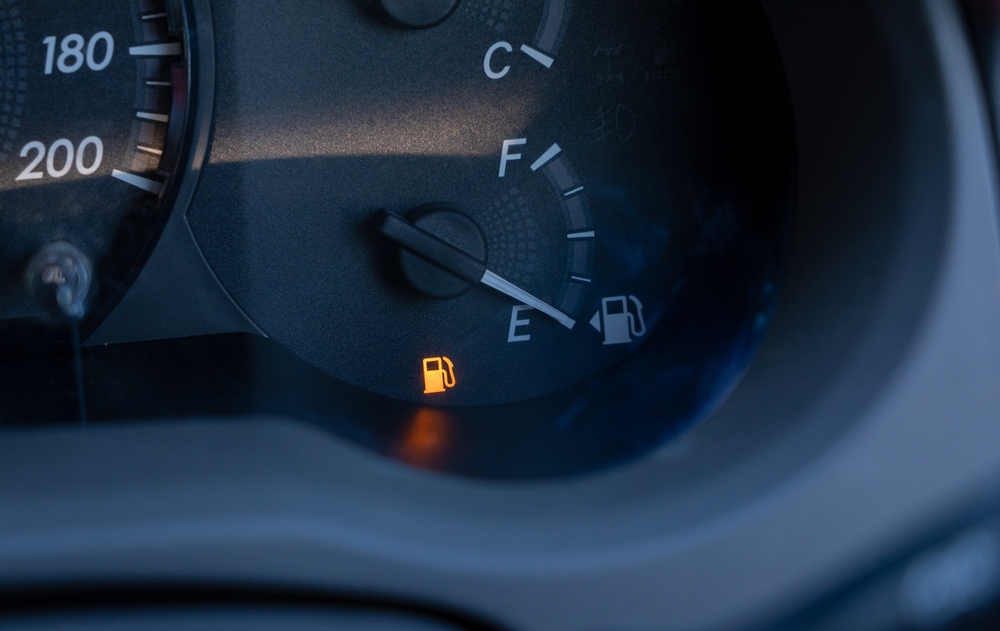
Before the rise of digital displays, analog gauges were the go-to for quick, easy-to-read vehicle information. The simple, mechanical dials provided a level of clarity that many digital dashboards struggle to replicate. Enthusiasts loved watching the speedometer needle climb, especially in performance vehicles. Although modern technology offers more features, the tactile, straightforward nature of analog gauges is something many drivers still long for.
Physical Buttons and Knobs
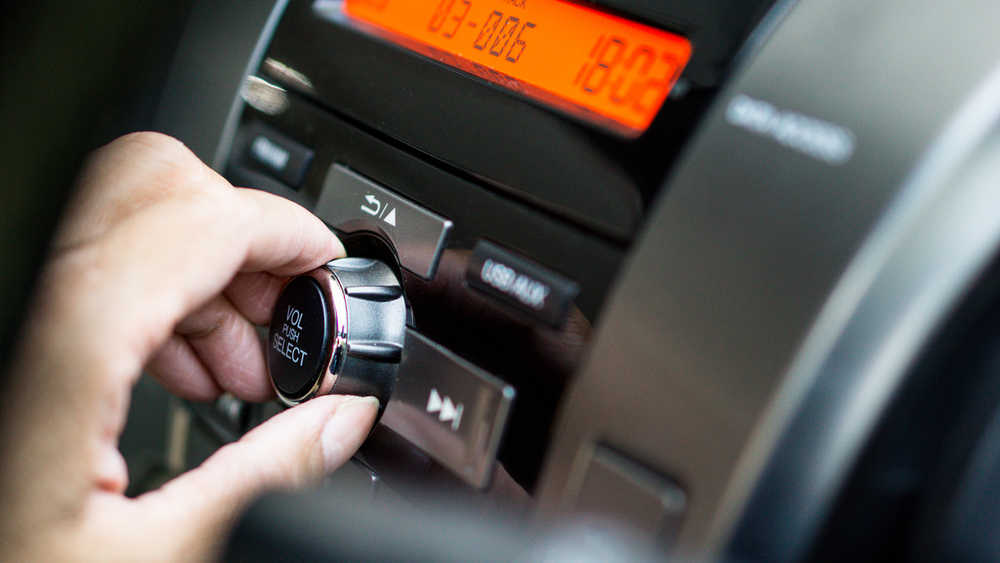
Touchscreens may have taken over modern dashboards, but physical buttons and knobs provided ease of use that can’t be matched. Without the need to look away from the road, drivers could adjust volume or climate settings by feel alone. The intuitive nature of these controls is missed, especially in newer cars where touchscreens can be finicky. Despite the sleek look of digital interfaces, the reliability of physical buttons remains unmatched.
Ashtrays and Lighters
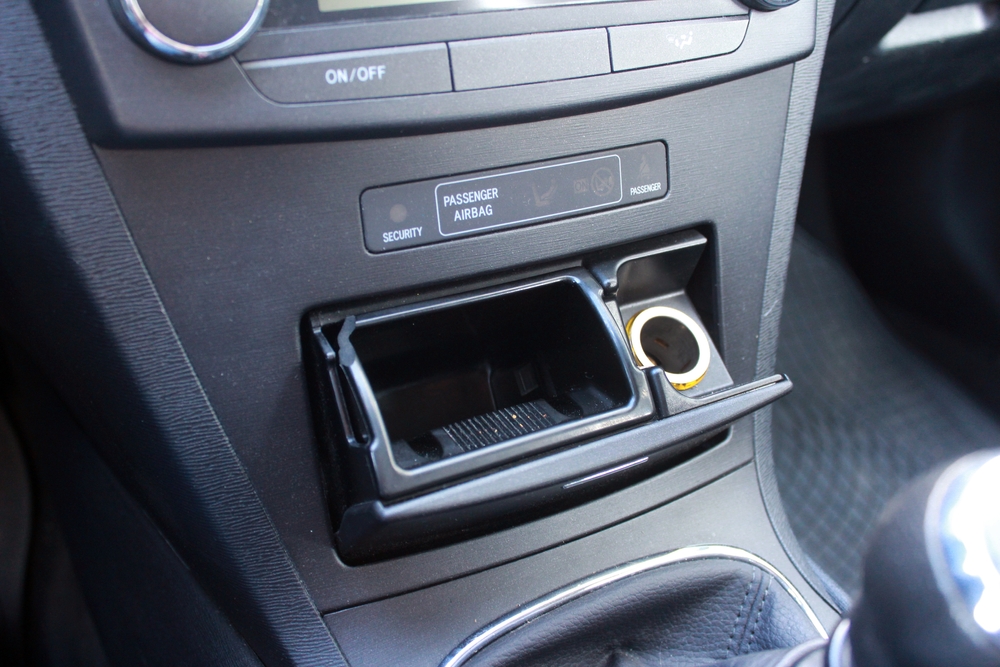
While fewer people smoke in cars today, ashtrays and lighters were handy for more than just cigarettes. These features served as additional storage compartments and the lighters were frequently used to power other accessories like phone chargers. Although USB ports have largely replaced them, their utility extended beyond their original purpose. Many drivers remember them as convenient multi-use tools during long drives.
Hood Ornaments
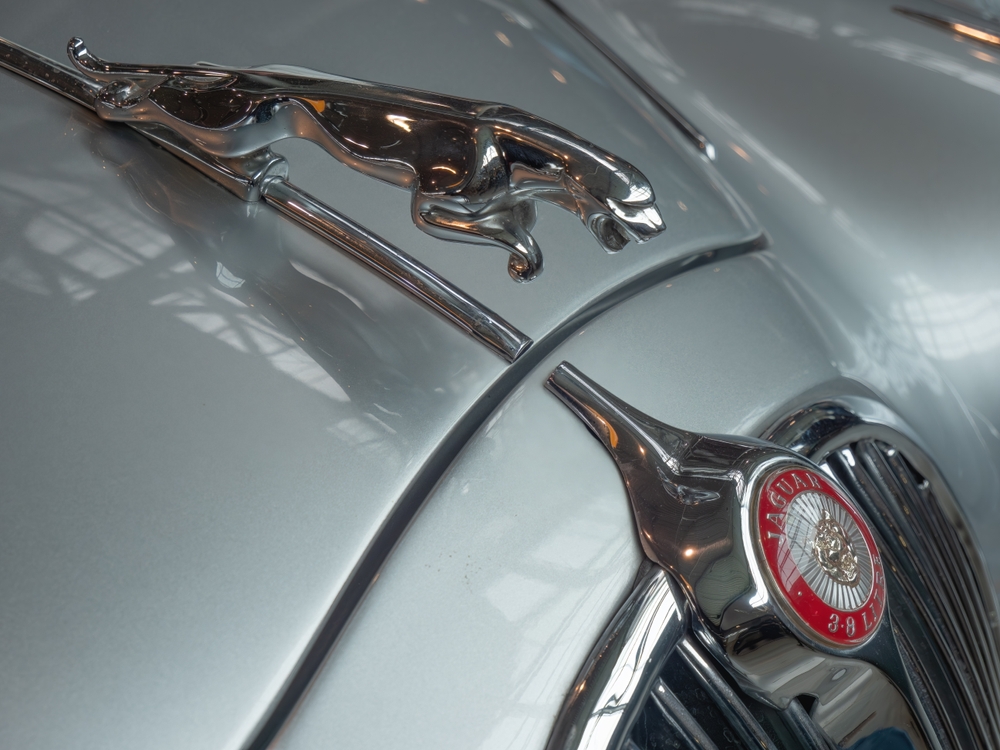
The era of hood ornaments represented an age of automotive elegance, with brands like Rolls-Royce and Mercedes-Benz boasting iconic designs. These ornaments symbolized luxury and craftsmanship, giving vehicles a distinctive presence on the road. However, concerns over pedestrian safety and changing trends led to their decline. Despite their disappearance, the charm and class that hood ornaments brought to cars are still fondly remembered by car enthusiasts.
Rear-Wheel Drive on Sedans
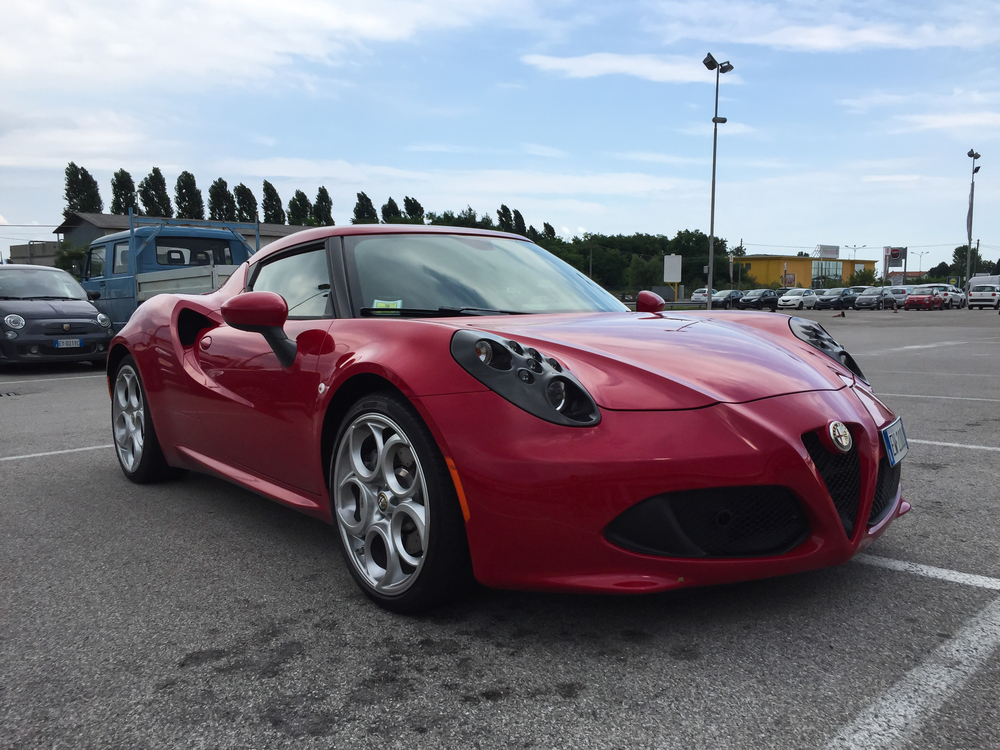
Rear-wheel drive (RWD) once dominated the sedan market, offering superior handling and a more balanced driving experience. While front-wheel drive is now more common for its efficiency and traction, especially in adverse weather, many drivers miss the sportiness of RWD. Rear-wheel drive cars provided better weight distribution and more engaging driving dynamics.
Column Shifters
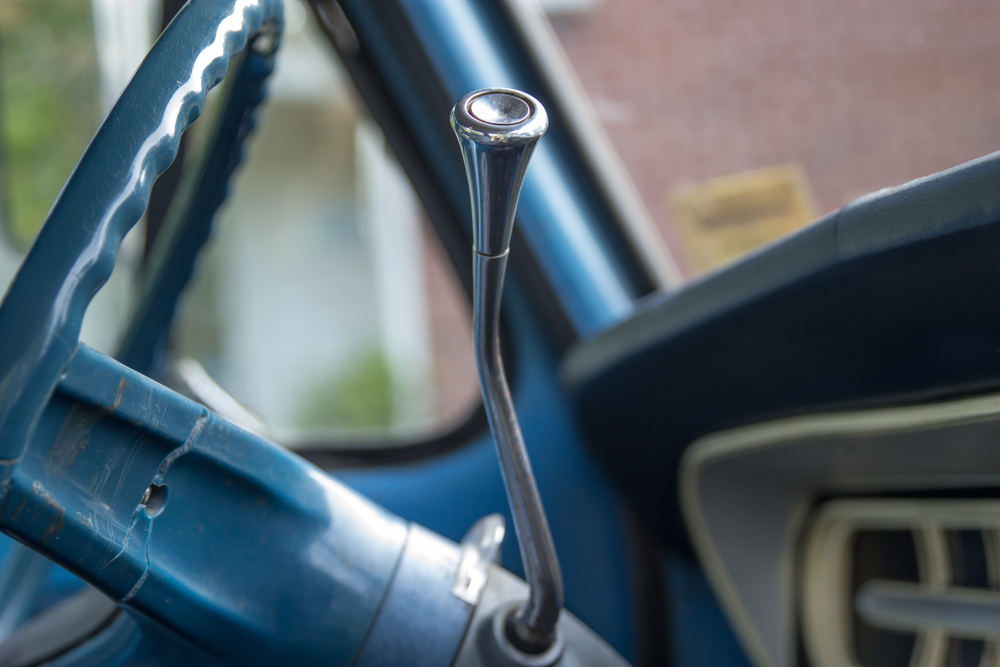
Column shifters were a practical solution that freed up space in the front row of vehicles, particularly in trucks and sedans. Mounted on the steering column, they allowed for a cleaner, more spacious interior design, especially when paired with bench seating. As floor-mounted shifters became more popular for their sporty appeal, column shifters disappeared.
Hardtop Convertibles
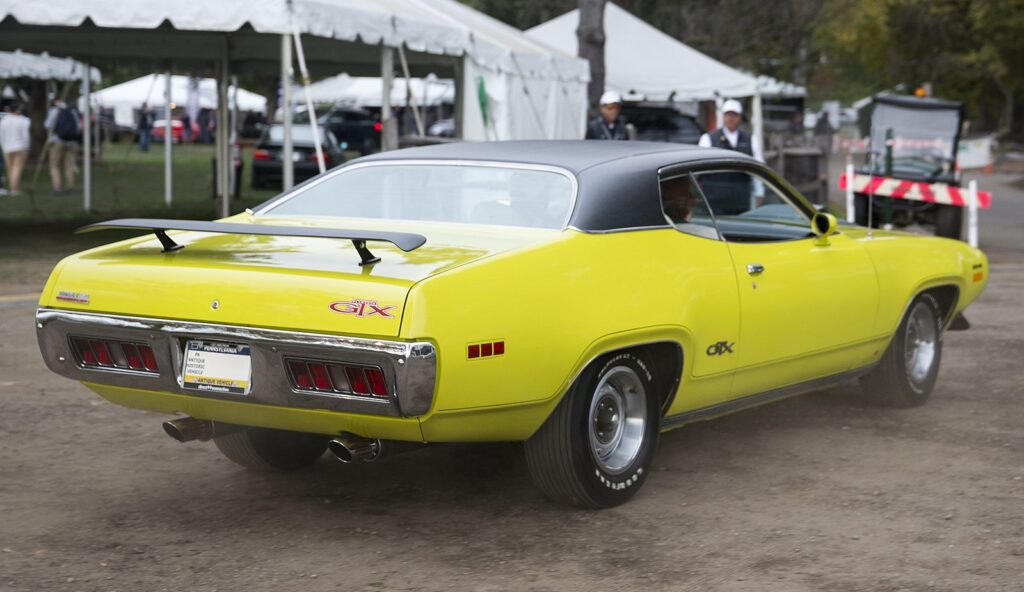
Hardtop convertibles combined the thrill of open-air driving with the insulation and security of a hard roof. They were quieter and more durable than soft tops, offering a better driving experience in all weather conditions. Though manufacturing costs led to their decline, they provided the best of both worlds for convertible enthusiasts.
Two-Door Coupes
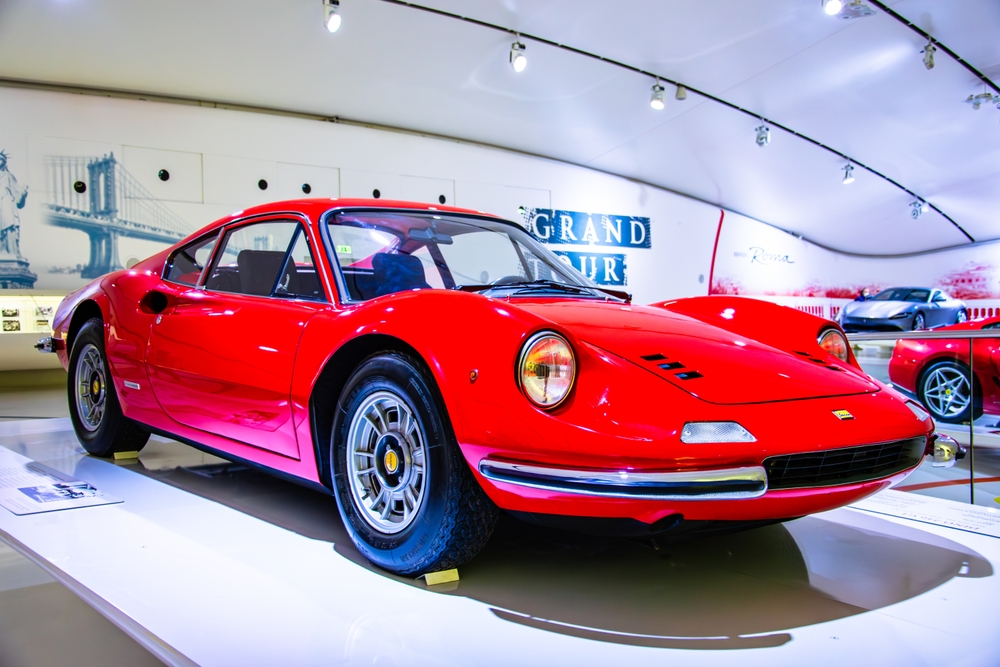
Two-door coupes were once the epitome of style, offering sleek designs that prioritized aesthetics over practicality. They appealed to drivers who valued sportiness and enjoyed a more connected driving experience. With the shift toward four-door sedans and SUVs, coupes have become rare, much to the dismay of enthusiasts. The distinct look and feel of a two-door car still captivate those who long for their return.
Manual Transmissions
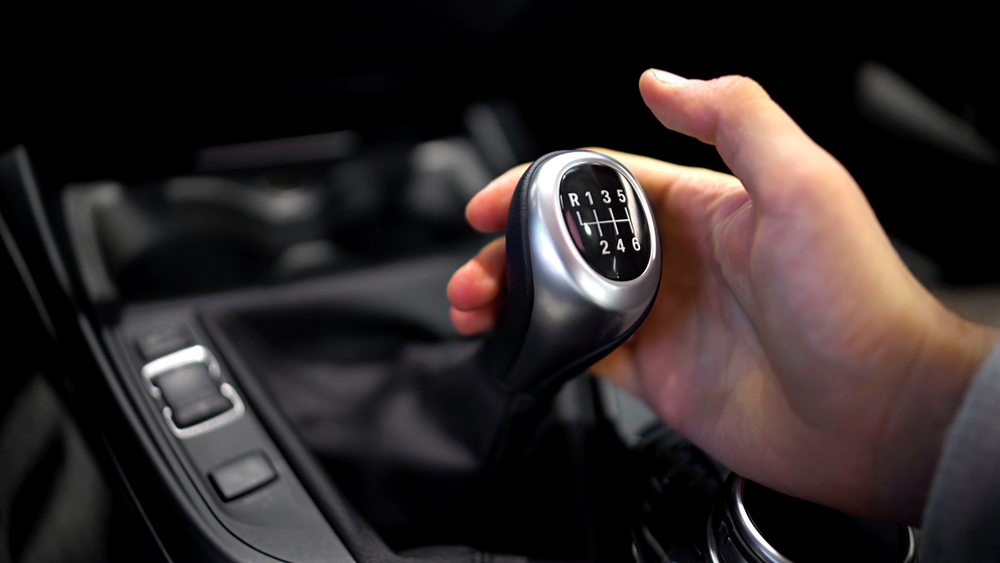
Manual transmissions, now increasingly rare, offered drivers more control over their vehicle’s performance. Shifting gears manually created a stronger connection between driver and machine, making every drive more engaging. As automatics have become more advanced and widely adopted, the skill and enjoyment of driving a manual have faded. Yet for those who love the art of driving, the loss of manual transmissions is deeply felt.
This article originally appeared in MyCarMakesNoise.
More from MyCarMakesNoise
20 Rare Ford Trucks You Won’t Believe Exist
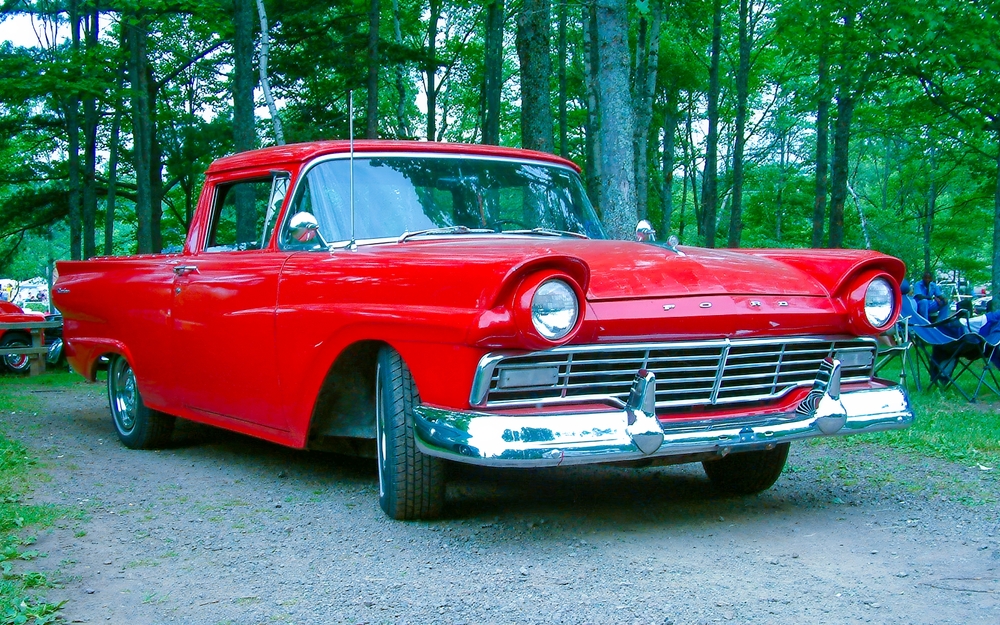
Ford has a long history of producing reliable and versatile trucks, but some models are less well-known than others. These unique Ford trucks stand out for their rare designs, limited production runs, or innovative features. Read More.
10 ATVs That Redefine Speed and Adventure
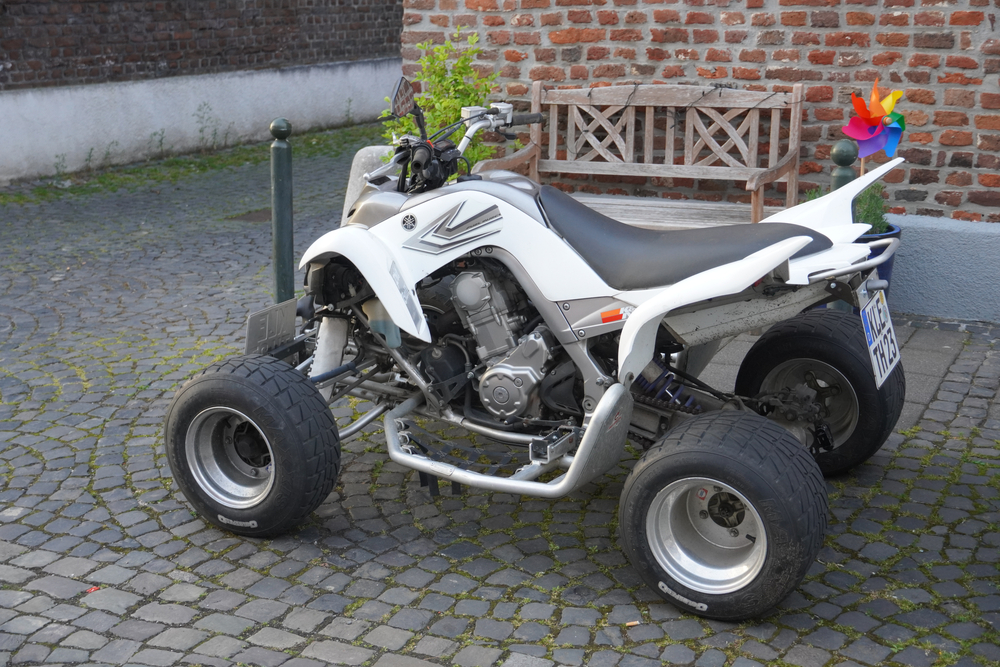
If you’re seeking the thrill of high-speed off-roading, these ATVs are built to deliver. In this list, we’ve gathered 10 models that not only push the limits of speed but also offer the ultimate adventure experience. Read More.
Top 25 Motorbikes Engineered for Ultimate Speed and Precision
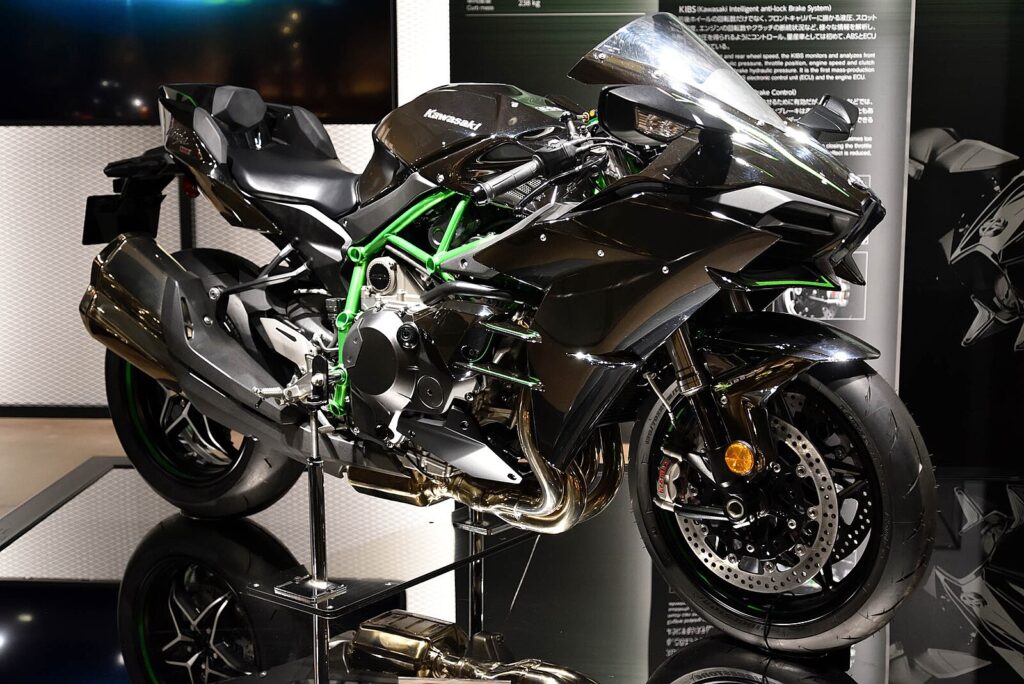
When it comes to motorbikes, speed and precision are often the ultimate goals for riders who crave performance. The following list highlights the top 25 motorbikes that have been meticulously engineered to deliver unparalleled speed and razor-sharp handling. Read More.

